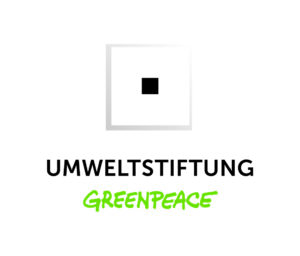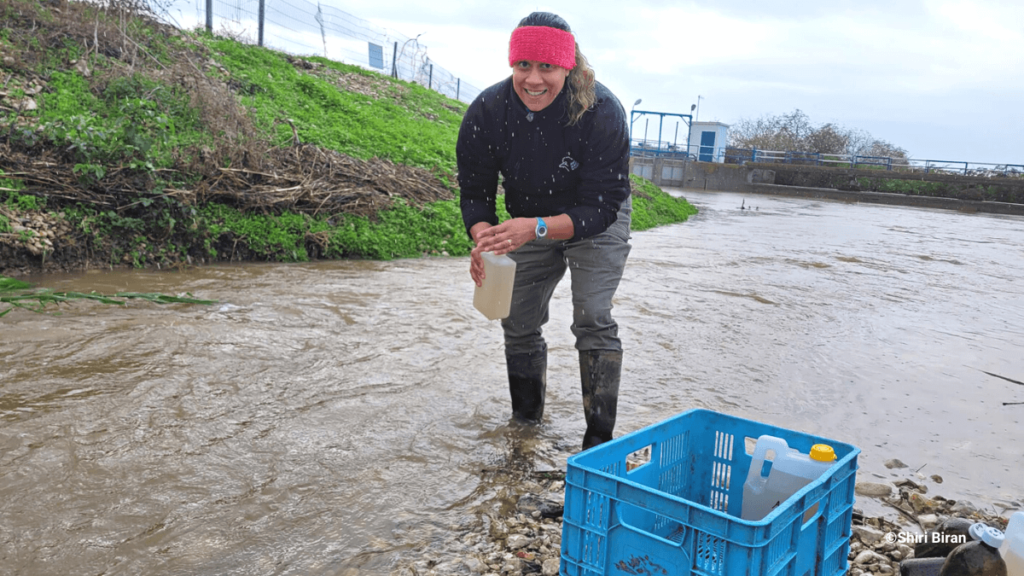Shelli Nahari has worked at the Israel Nature and Parks Authority for twelve and a half years. She is one of just a few female field rangers. In our interview series with the national ERF ranger associations, she reveals what it is like to work as a ranger in Israel, what the training is like and how she is working to have more female rangers out in the field.
Shelli, tell us how you became a ranger and how the training for rangers looks like in Israel.
I started as a ranger in the fight against illegal dumping and then moved to the anti-poaching unit, where I mainly dealt with illegal hunting by migrant farm workers. Now I work for a government unit for pest monitoring and extermination and supervise local authorities to properly treat potential habitats for the development of pests with the most suitable materials in terms of health care and ecological sensitivity. In Israel, rangers are part of the government and work according to the law. When we work for the Israel Nature and Parks Authority, we have to attend courses and get our state ID. In order to learn the laws that apply to our work, everyone has to take a two-week course. But we are trained throughout our careers: on agricultural, ecological, botanical and many other topics, depending on the area of work we specialise in. This can be a monthly lesson or a 5-day course. We also have co-training where the rangers go out together to learn from each other.
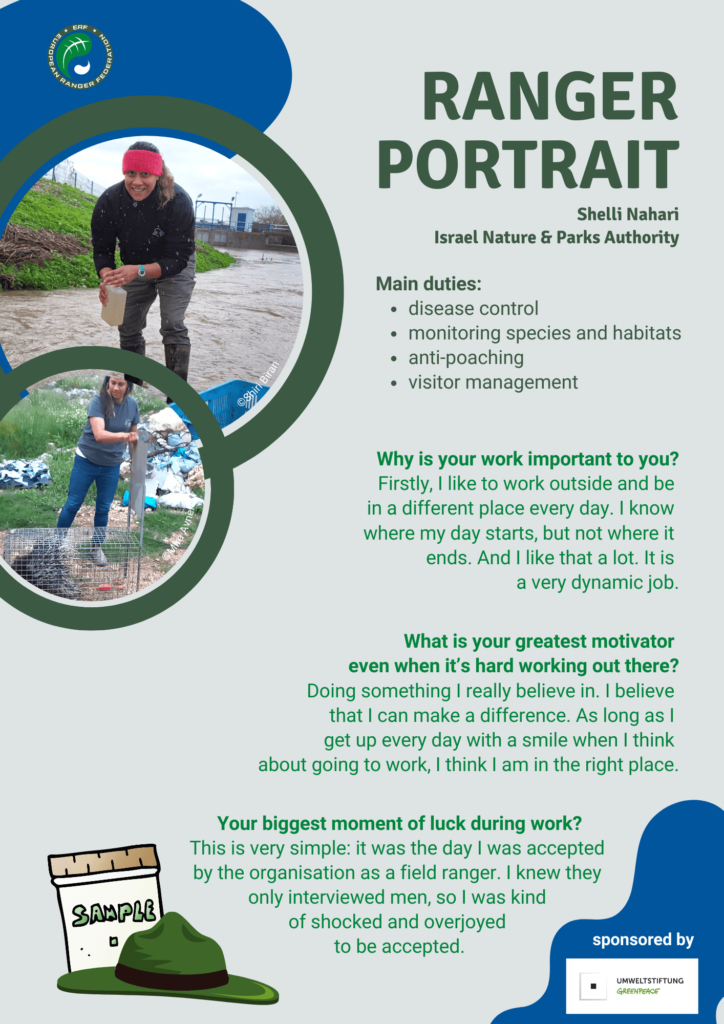
What are the main challenges in your work?
I think the main problem here in Israel is that it is a very special, small area – very crowded and multicultural. Every culture thinks in different systems and we have to understand all of them somehow in order to enforce the law. We have very progressive people next to people who think it is normal to take animals or plants from nature. Israel is a unique place between Europe, Asia and Africa where we have everything: One day I can be in the desert helping a ranger there, the other day I can be in the mountainous region of Galilee working with a completely different wildlife. This means specialising in all the different natural habitats and their species, and dealing with the different cultures of human inhabitants and cultural landscapes living closely together: Here you have a city, right next to it you have a park. So the real challenge is that as a ranger in Israel you have to specialise in so many species, pathways and human concerns. That can wear you out. But on the other hand, we rangers all know each other, especially those who work in my area. We help each other, work together and are often good friends. This is the basis for the functioning of the Israeli ranger system. Although by definition we work alone most of the day, when it would be best to be out in pairs.
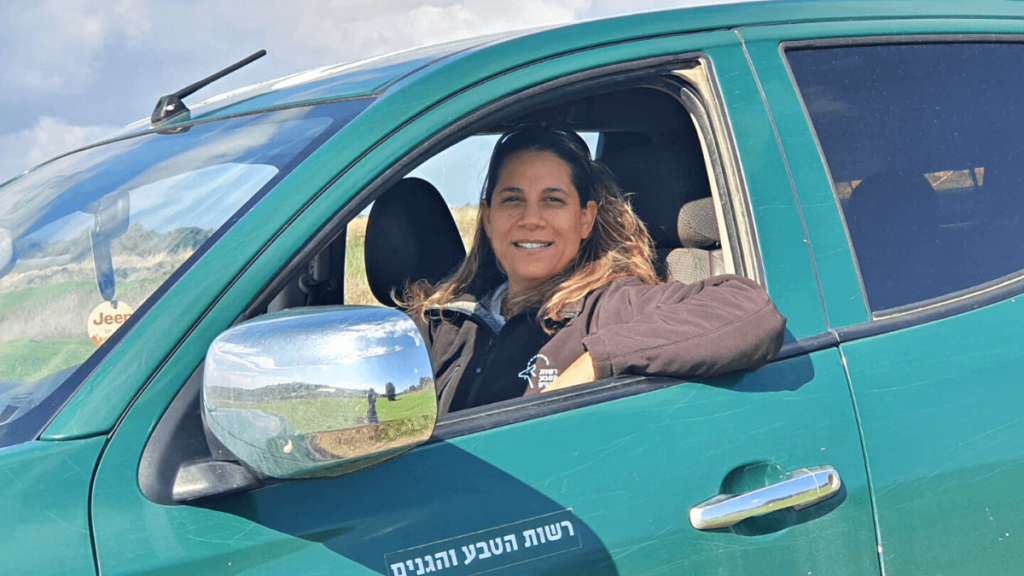
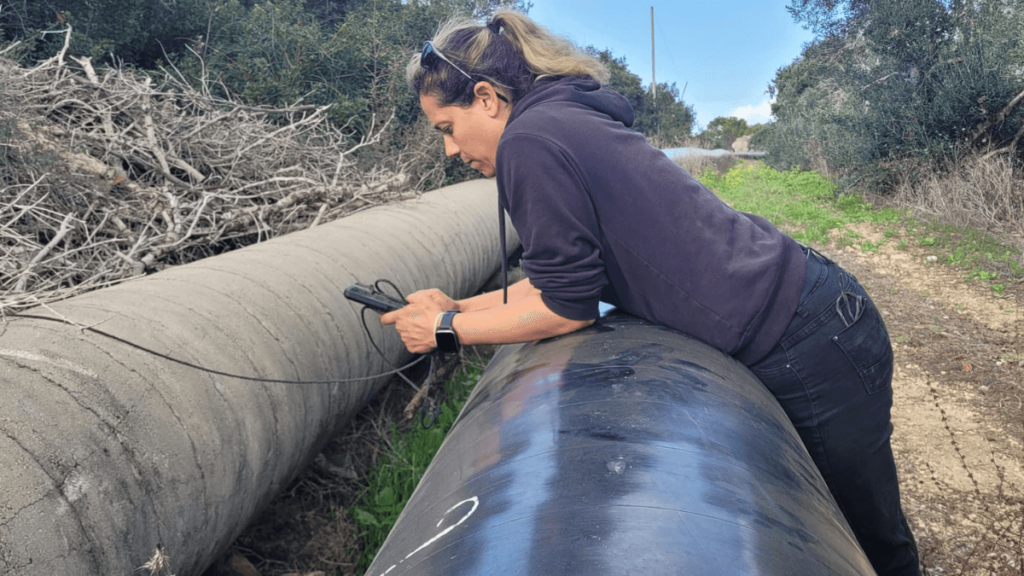
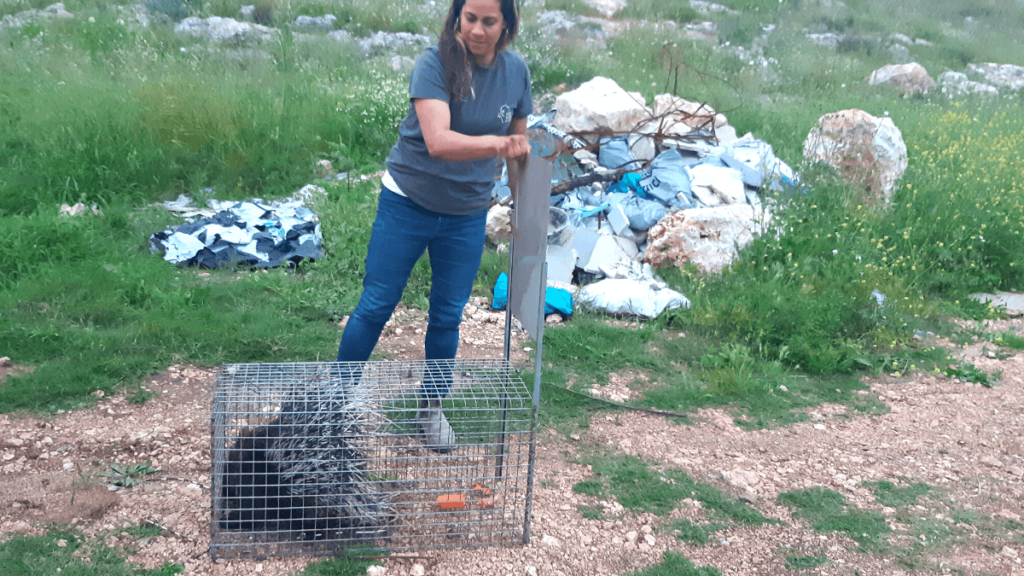
combating poaching like that of porcupines. ©(from top left) Avital Bensal, Shiri Biran, Mira Avneri
With all the complexity of your work that you describe, what are you most proud of?
I am probably most proud of the time when I worked in the anti-poaching unit and was in contact with the migrant workers. I was the first in that job and the first woman to ever work in the anti-poaching unit. I laid the foundation for this new work, to create awareness among the workers about the illegality of their hunting behaviour and to discourage them from it. I think this has been really effective at the time. To fight poaching, you have to collect and combine all the evidence to make sure you are right when you get a court warden to go to their shelters. You yourself have to do the investigation in a foreign language, so you need translators. So it is quite a big operation that requires time, special skills and cultural understanding to get to the truth. You also have to work with the employers of the guest workers and really be considerate. Because if you shut down their business for a whole day you cause a big income loss. Even if we enforce the law, we have to think about how to limit the damage. We are dealing with people – people like you and me.
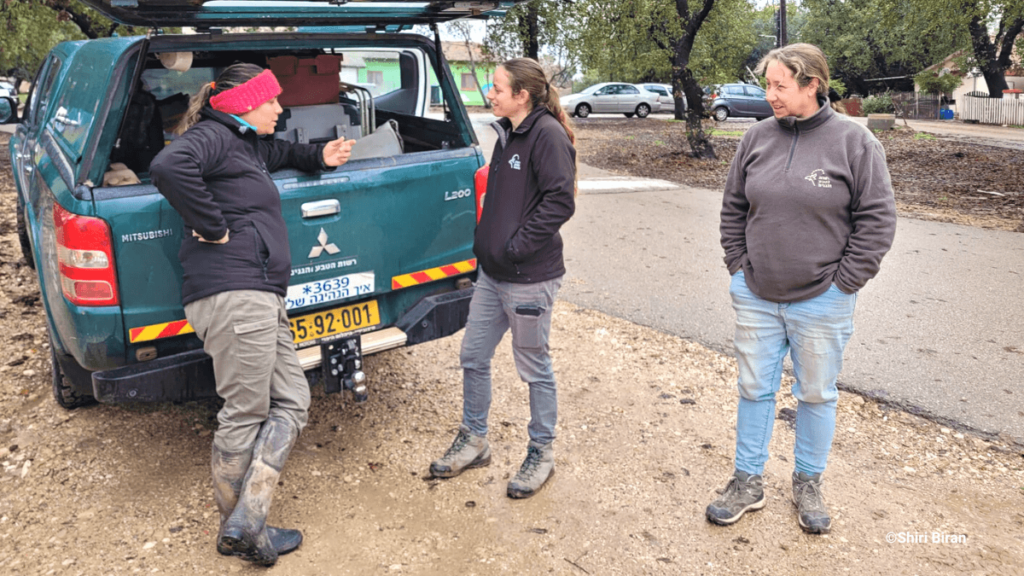
“I would like to see more women rangering out in the field. I haven’t found the
Shelli Nahari, field ranger at Israel Nature and Parks Authority
solution to it yet, but we definitely need to work on it and create awareness.”
What can rangers from other countries learn from Israel’s rangers?
I think what makes us effective is our work as part of the government. We work according to the law and have the power to enforce it. This means that in case I am not successful and call the police, they are obliged to help me – although this does not always happen. Moreover, we are not only committed to wildlife and natural habitats, but also to each other and to the friendship between us rangers. Our organisation supports this by always bringing us together and letting us work together. This cooperation means that out of friendship with our colleagues, we want them to succeed. For that reason alone, we help them. Still, I would like to see more women in the profession. In our organisation we are 50-50 women and men. But the women work mainly in the office, while the men are outside. I’m sure this also has to do with the fact that we can find ourselves in danger. Still, I haven’t really found an answer as to why there are so few female rangers out in the field – I only know of eight plus me among about 200 rangers. And I understand that it takes time to change a patriarchal system. But still, we have to act for it to change at all. It’s not only that we need to create awareness, but also strongly about education in childhood. I don’t have the one solution yet, but I am sure we will find a way. After all, our CEO is a woman, for the first time and that gives hope.
This content is sponsored by
